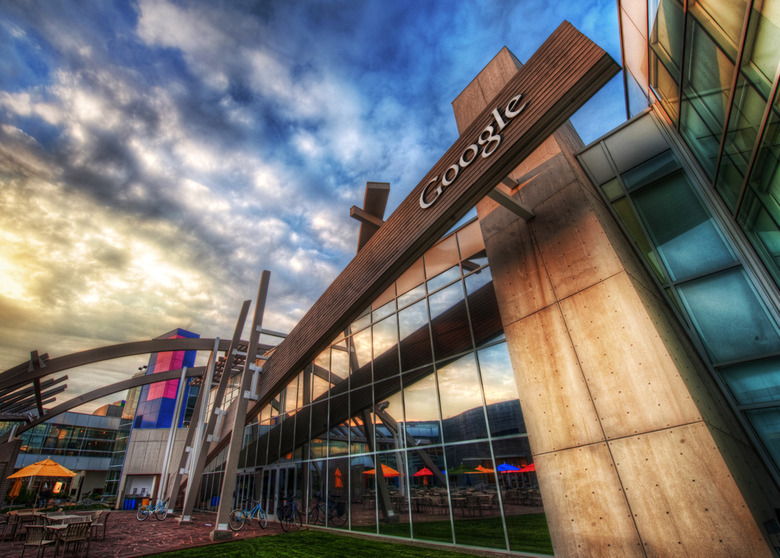Thank You, Google, For Being So 'Evil'
Using Google's "don't be evil" slogan in articles criticizing the technology giant's hunger for private data is a pastime tech bloggers and journalists have long since worn out. Yes, we know Google is an advertising company. Yes, we know nearly every single product and service in Google's massive portfolio is used in part to collect personal data from the company's massive user base. Yes, we know that data is then used to build profiles of each Google user. And yes, we know those profiles are used to serve targeted advertisements.
Advertising is Google's business, and business is good. Google's net income came in at about $3.4 billion last quarter on massive revenues totaling $16.9 billion.
Because advertising is Google's core means of earning money, the company is able to offer most of its services for free. "Free," of course, always has a cost. In Google's case, that cost is our data. Whether or not you've read them, the terms of service tied to all of Google's products make this very clear.
Since private data is essential to its business, Google always finds creative new ways to learn more about us. Google's recent Nest acquisition, for example, could end up being the most creative one yet.
As has been the case with Google's products from the beginning, every "evil" new tool Google uses to learn more about us has the pleasant side effect of also being a terrific service that provides tremendous value to the user.
And for that, I'd like to say thank you.
I was working this past Sunday night, sad though it may be, when something horrible happened. My MacBook Air crashed.
My mid-2011 MacBook Air is a dinosaur in computer years, and it crashes once or twice each month. It's typically not a big deal since everything I do auto-saves, and I'm used to it by now.
This crash, however, was not like other crashes.
It appeared as though Google's Chrome web browser was the culprit this time around. And Chrome didn't just crash... it died. When my computer rebooted and I finally got the Chrome app open again, all of my data was gone. My bookmarks, gone. My extensions, gone. My saved passwords, gone. Everything was gone.
A few short years ago, a catastrophic crash like this would have instantly made my blood boil. A string of profanity would have been inevitable, and at least a few items on my desk might have been hurled across the room. Nothing in my immediate vicinity would have been safe.
But this past Sunday, I didn't sweat for a single moment.
One of many beautiful things about the fact that Google needs my personal data is the requirement that in order to make use of all that data, it must be stored on Google's servers.
This aspect of Google's business model horrifies some people and keeps them away from all Google services. Personally, I know that Google goes to great lengths to protect my data, and I absolutely love all of benefits that Google's creative uses of my data afford beyond just advertising.
"Google Now" is a perfect example of this. Google's eerily helpful assistant app tells me when to leave for meetings, shows me how to get to restaurants on my phone after I search for information on my computer, tells me when packages shipped to me will arrive at my home by digging through my email for shipping notifications, and does hundreds of other great things with my private data.
In the case of my catastrophic Chrome crash on Sunday night, Google's hunger for my data brought about a sync mechanism in Chrome quite some time ago. Once I got the app open again, all I had to do was log into my Google account. In less than one minute, all of my bookmarks, passwords, extensions and settings were back where they belong.
I didn't lose all of my data. I didn't have to dig all of my data out of backups buried away in my Time Capsule. I didn't have to restore my system or fish things out of a complex third-party online backup system.
All I had to do was log in.
This is just one of dozens or even hundreds of examples of how Google is changing our lives for the better by creating products and services that help users just as much as they help Google. Google needs my data and it puts that data to use better than any other advertising company, but that's not why Google is so successful. It is successful because I need Google just as much as Google needs me.
So thank you, Google, for being so "evil."
